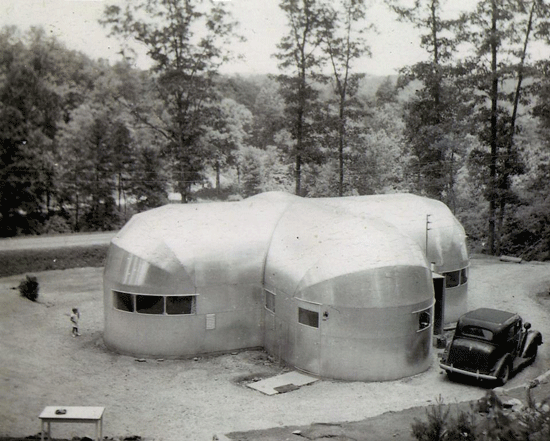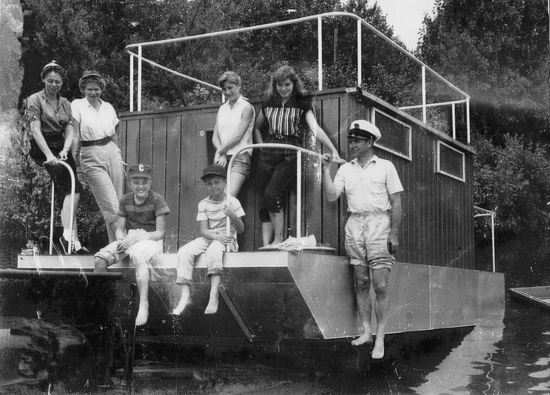Though neither a Tar Heel born nor a Tar Heel bred, Tom Wolfe managed quite a number of Miscellany appearances — often juxtaposed with native sons Thomas Wolfe (here, here and here) and Junior Johnson (here and here).
In 2000 Wolfe became the first recipient of the Thomas Wolfe Prize.
From his acceptance note, handwritten atop the letter from professor William L. Andrews:
“I’m one of my namesake’s greatest fans. When I was just old enough to read, I noticed that there were two books on the shelves at home with my name on them, Look Homeward, Angel and Of Time and the River. My parents had a hard time convincing me that the author was no kin to me. He had to be. And sure enough, I’m ‘a putter-inner’ too….”
The “putter-inner” reference is from Thomas Wolfe’s response to F. Scott Fitzgerald’s criticism of his “unselective” approach to writing: “You say that the great writer like Flaubert has consciously left out the stuff that Bill or Joe will come along presently and put in. Well, don’t forget, Scott, that a great writer is not only a leaver-outer but also a putter-inner, and that Shakespeare and Cervantes and Dostoevsky were great putter-inners—greater putter-inners, in fact, than taker-outers and will be remembered for what they put in….”


